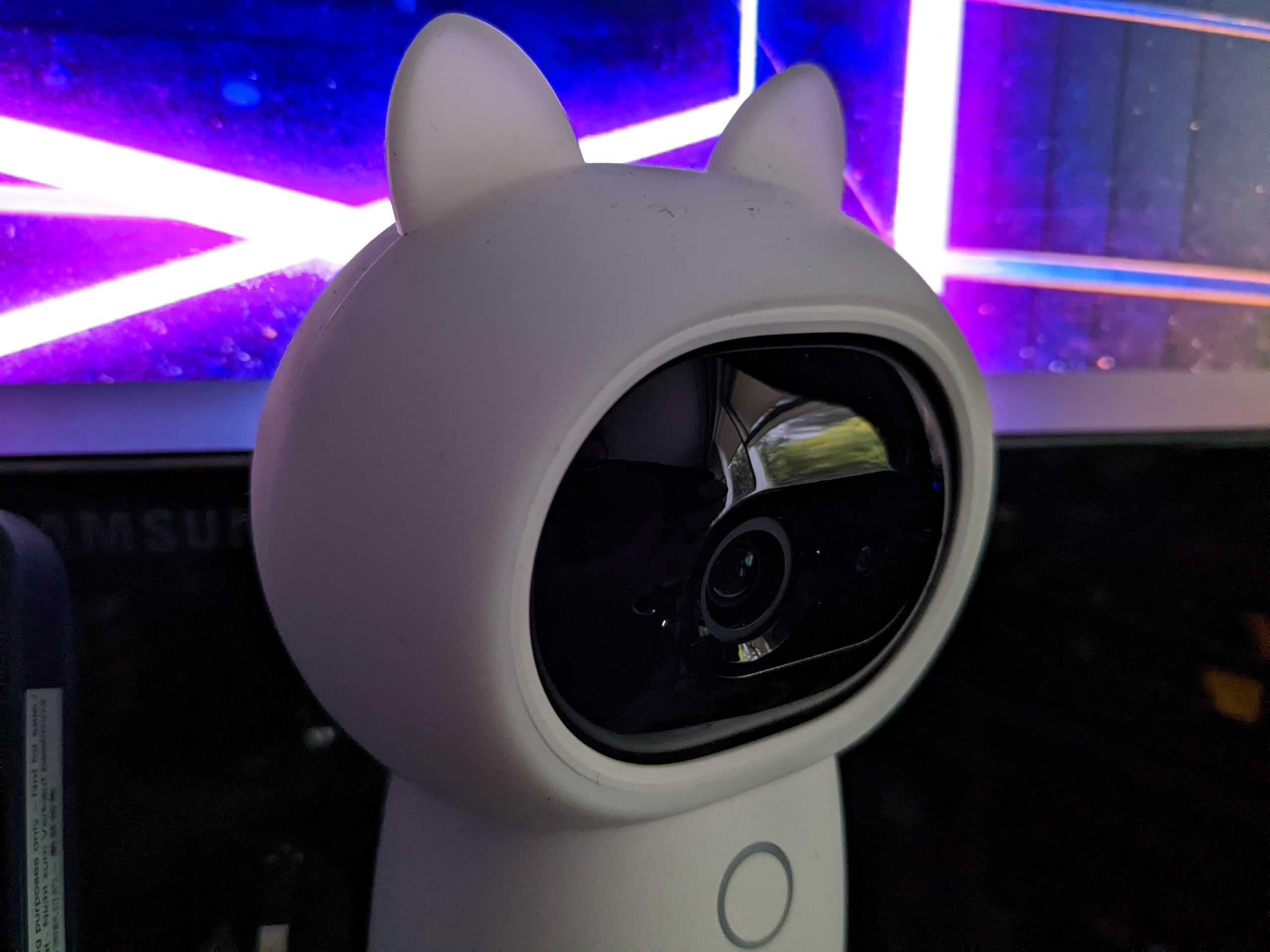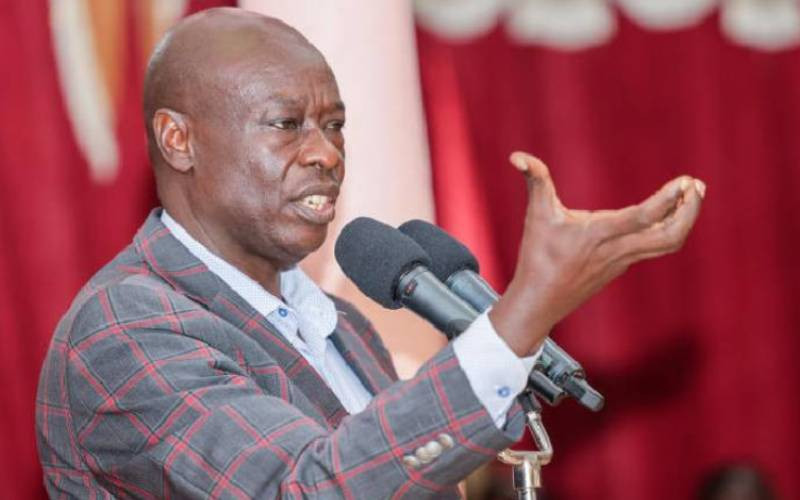The Academy of Arts and Sciences is apologizing to indigenous activist Sacheen Littlefeather for the treatment she endured during and after refusing the “Godfather” best actor Oscar on behalf of Marlon Brando back in 1973.
Littlefeather is now 75, and she is finally seeing her activism bear fruit at the place where much of it began. The Academy presented her privately with the apology in June and will honor her at a special event geared toward healing and indigenous acknowledgment on Sept. 17.
“I was stunned. I never thought I’d live to see the day I would be hearing this, experiencing this,” Littlefeather, who is Apache and Yaqui from Arizona, told The Hollywood Reporter. “When I was at the podium in 1973, I stood there alone.”
“I was never allowed to tell my story,” Littlefeather told Aframe. “Never. Never. And now, 50 years or so later, and here we are for the first time.”
“The abuse you endured because of this statement was unwarranted and unjustified,” wrote Academy president David Rubin. “The emotional burden you have lived through and the cost to your own career in our industry are irreparable. For too long the courage you showed has been unacknowledged. For this, we offer both our deepest apologies and our sincere admiration.”
The Academy said the September evening of “conversation, healing and celebration” will honor Littlefeather amid a conversation between her and producer Bird Runningwater, Cheyenne/Mescalero Apache, N.M., who is co-chair of the Academy’s Indigenous Alliance. There will be a land acknowledgment as well as a lineup of performances by Native artists.
While there was a smattering of applause when the 26-year-old Littlefeather, in a buckskin dress and moccasins, ascended to the podium at Brando’s request, there were also boos when she started to speak. Later she would recount that John Wayne had to be restrained from rushing the stage to tackle her in fury. In the ensuing years she would be subject to harassment and discrimination.
Brando had provided her with an eight-page speech, which she did not have time to read, so she succinctly encapsulated his sentiments into about a minute.
The actor, she said, “very regretfully cannot accept this very generous award. And the reasons for this being are the treatment of American Indians today by the film industry.”
:quality(70)/cloudfront-us-east-1.images.arcpublishing.com/tronc/FZSTY3YFVZHD5CYKHO5ZWUGVVY.jpg)
The Daily News Flash
Weekdays
Catch up on the day’s top five stories every weekday afternoon.
As boos erupted, she continued with, “Excuse me — and on television in movie reruns, and also with recent happenings at Wounded Knee.”
She was referring to the 71-day takeover of Wounded Knee, South Dakota, by members of the American Indian Movement (AIM) and 200 Oglala Lakota, in protest of a tribal president they said was corrupt, and to push back against centuries of mistreatment of Native Americans. Two people, a Cherokee and an Oglala Lakota, were fatally shot. The spot was chosen because of its connotation with the Wounded Knee massacre of 1890.
It wasn’t until 2018 that Littlefeather read Brandon’s full speech out loud publicly for the first time, on a radio show, reported Indian Country Today.
The blowback from her single minute of paving the way for public acknowledgment of the harm done to the original peoples of what is today the United States was fierce. It scuttled any acting career she might have had, since she was “professionally boycotted, personally harassed and attacked, and discriminated against for the last 50 years,” the Academy Museum said on its web page for An Evening with Sacheen Littlefeather, the September event.
Back then, Indigenous Peoples were portrayed in stereotypes in film and television, often as villains. Pushing back on that narrative proved dangerous.
“It was met with such hostility and anger, and I nearly paid the price with my life as a result,” Littlefeather told the Academy Museum’s site Aframe, recounting “an incident with people shooting at me,” with two bullets shot through a door near where she was standing.
With News Wire Services










:quality(70):focal(1062x277:1072x287)/cloudfront-us-east-1.images.arcpublishing.com/tronc/W2VPVYFAXVGMRKYRGI3HJFPO34.jpg)





Discussion about this post